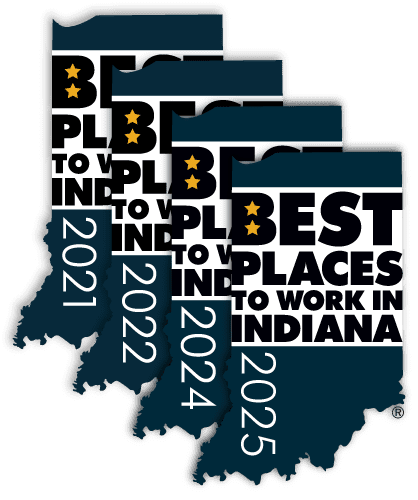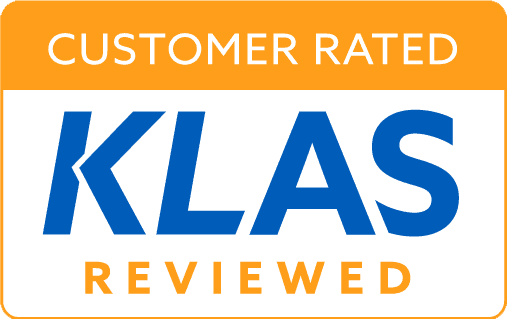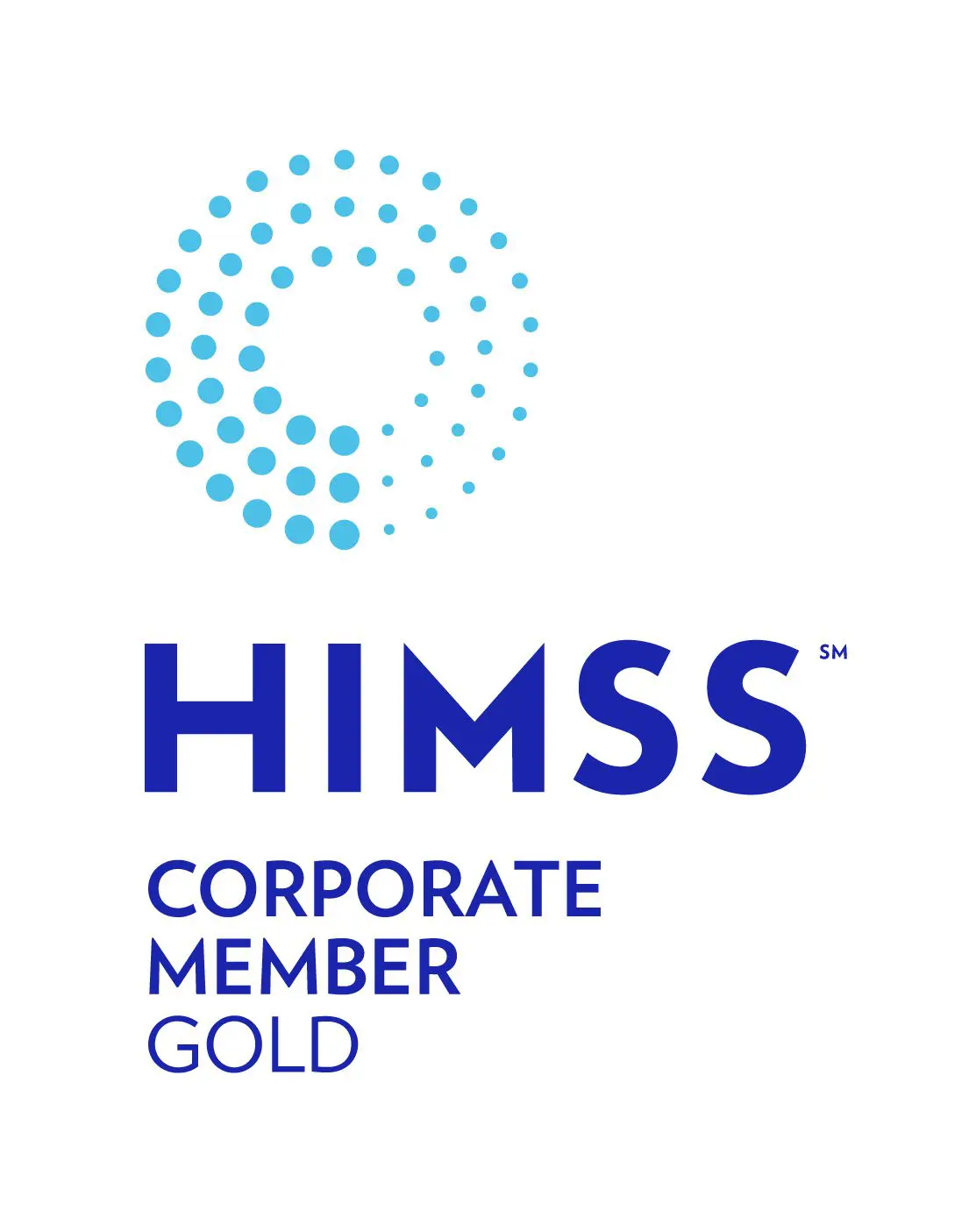HealthData Talks: RPA’s Role in Legacy Data Management
In this episode, Shannon Larkin and Quintin Plumlee discuss Robotic Process Automation (RPA) and how it relates to legacy health data migration, extraction, and retention.
(0:12) Larkin introduces Plumlee and the topic of focus – Robotic Process Automation (RPA ) – and asks Plumlee to describe the role the data integration team plays in retaining medical data. Plumlee explains they take the data the client needs, and then they manipulate and upload it into HealthData Archiver®® in a way that resembles their old system. This, he says, allows clients to look at their archive and easily navigate to the data they need.
(1:40) Plumlee explains that the user interface they create is easy for business users to log into, access their data, and release information as requested or needed.
(2:04) Larkin asks why some data sets are more challenging than others. Plumlee says the most common challenges he sees are around encrypted documents and sensitive data, as well as other documents that cannot be accessed through extraction or traditional database backups.
(3:07) Robotic Process Automation is developing ways to replicate how a user might interact with an application, Plumlee says. He details the process, as well as the steps and data needed to do it properly. He adds that a good example for RPA is fetal monitoring strips or larger discharge forms that compile data from various sources.
(4:45) Larkin asks what an alternative would be if we didn’t have RPA. Plumlee says in the past, companies would have to hire people to manually extract these documents, which is an error-prone process and not very fun for employees to have to do. He states that with RPA, the cost threshold means they can have documents archived that they really want but perhaps didn’t necessarily need.
(6:24) Plumlee adds that while the process is far faster than human extraction, it is still slower than something that could be ran through a database process. There are limits to how fast it can run on the front end of an application. It is complex, he says, and there are still some limitations to what they can create to be done automatically.
Subscribe
You can subscribe to the HealthData Talks Podcast on Spotify, Amazon Music, Apple Podcasts and more.
Speakers
Host:
Shannon Larkin, VP of Marketing and Business Development, at Harmony Healthcare IT, utilizes her 25+ years of health IT experience to connect healthcare organizations with a team of experts that consolidate and modernize data storage to reduce cost and risk.
Guest:
Quintin Plumlee, Data Integration Manager – RPA, at Harmony Healthcare IT, harnesses his experience in development and automation from various industries to implement effective and cost-efficient automated document extraction at Healthcare Organizations to help deliver complete patient archives.
Related Resource Links
Explore data integration
Learn more about HealthData Archiver®
Learn more about EHR compliance and the 21st Century Cures Act
Follow us
LinkedIn: @Harmony Healthcare IT, the Makers of HealthData Archiver®
Twitter: @HarmonyHit
Ready to connect?
Contact us today to learn more about our healthcare data management solutions.












